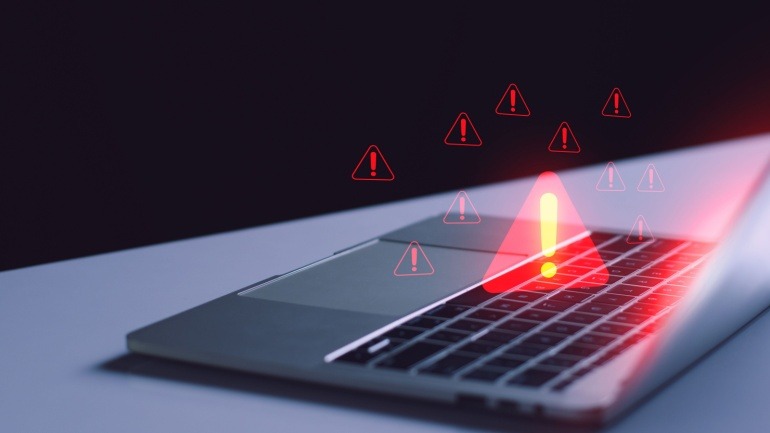NTT Docomo recently faced a DDoS attack, disrupting systems for nearly 12 hours. As such cyberattacks rise in the telecom sector, robust security measures are vital.
A significant increase in Distributed Denial of Service (DDoS) attacks has been reported by Zayo, with the telecommunications sector suffering the most. According to the company’s annual DDoS Insights Report, the past year saw a dramatic rise in both the frequency and severity of these cyber assaults. Businesses found themselves paying an average of £4,700 for every minute under attack, culminating in an average total cost of £325,000.
The telecom industry is responsible for keeping the globe linked through communications services. There are many aspects of these services that we take for granted, from private calls to business interactions. However, it is only because of the telecom sector that we are able to swiftly connect to individuals all over the world, whether by phone, internet, airwaves or cables. For years, cybercriminals have targeted telecom operators because they maintain and manage vital communications infrastructure that is used to transport and store vast quantities of private and sensitive data. Cyber-attacks on the telecom industry in particular, have risen dramatically in recent years as technology has advanced and our world has evolved to become more connected. In this article, we hope to shed light on the cyber security threats that the telecommunications sector is facing. Also, explain how providers can defend their digital environments and key infrastructure from possible cyber-attacks Why…
There has recently been a significant surge in Distributed Denial-of-Service (DDoS) assaults all around the world. A DDoS attack is a malicious attempt to interrupt regular traffic to a targeted server, service, or network by flooding the target or its surrounding infrastructure with excessive Internet traffic. Cloudflare has reported that it has neutralized a Distributed Denial-of-Service attack that leveraged about 15,000 compromised devices and topped at just under 2 Tbps of bandwidth. The assault was believed to have employed a combination of Mirai-infected Internet of Things devices, which are frequently used to conduct enormous DDoS attacks, and unpatched versions of the GitLab developer tool. The DDoS assault comes only a few weeks after Rapid7 announced a GitLab vulnerability on November 1, 2021, rated a full 10.0 on the CVSS severity scale, that could be leveraged to enable an attacker to remotely run code, and warned that exploitation would…
Telefonica partners with Oracle Telefonica Spain has signed a multi-year agreement with Oracle to accelerate the transfer of its business processes to the cloud in order to improve agility and expand its capacity to create new digital services. Oracle will deploy and operate an on-premises version of its Exadata Cloud Service in Telefonica’s data centers as part of the arrangement. The operator will be able to combine its mission-critical systems while still fulfilling data residency and latency requirements. Telefonica intends to migrate its Oracle database systems, as well as its OSS and BSS applications, business intelligence systems, CRM, billing, and revenue management systems, to the new platform. Read more at: https://tinyurl.com/3darh7jd NTT Docomo targets net zero emissions by 2030 NTT Docomo said that by 2030, it intends to reduce its greenhouse gas emissions to zero. As part of that effort, Docomo has announced the launch of a new ecosystem called…








